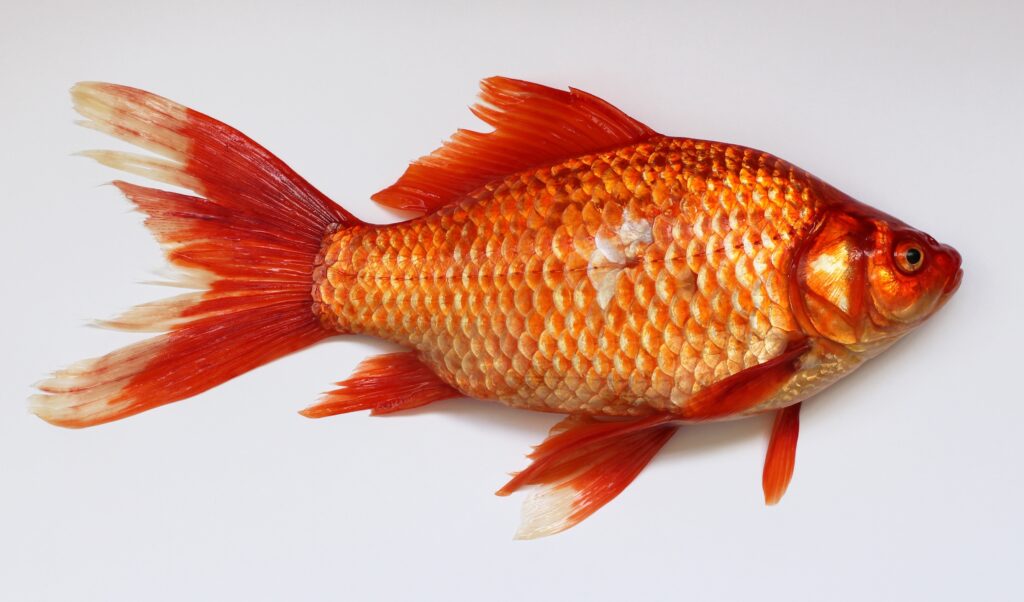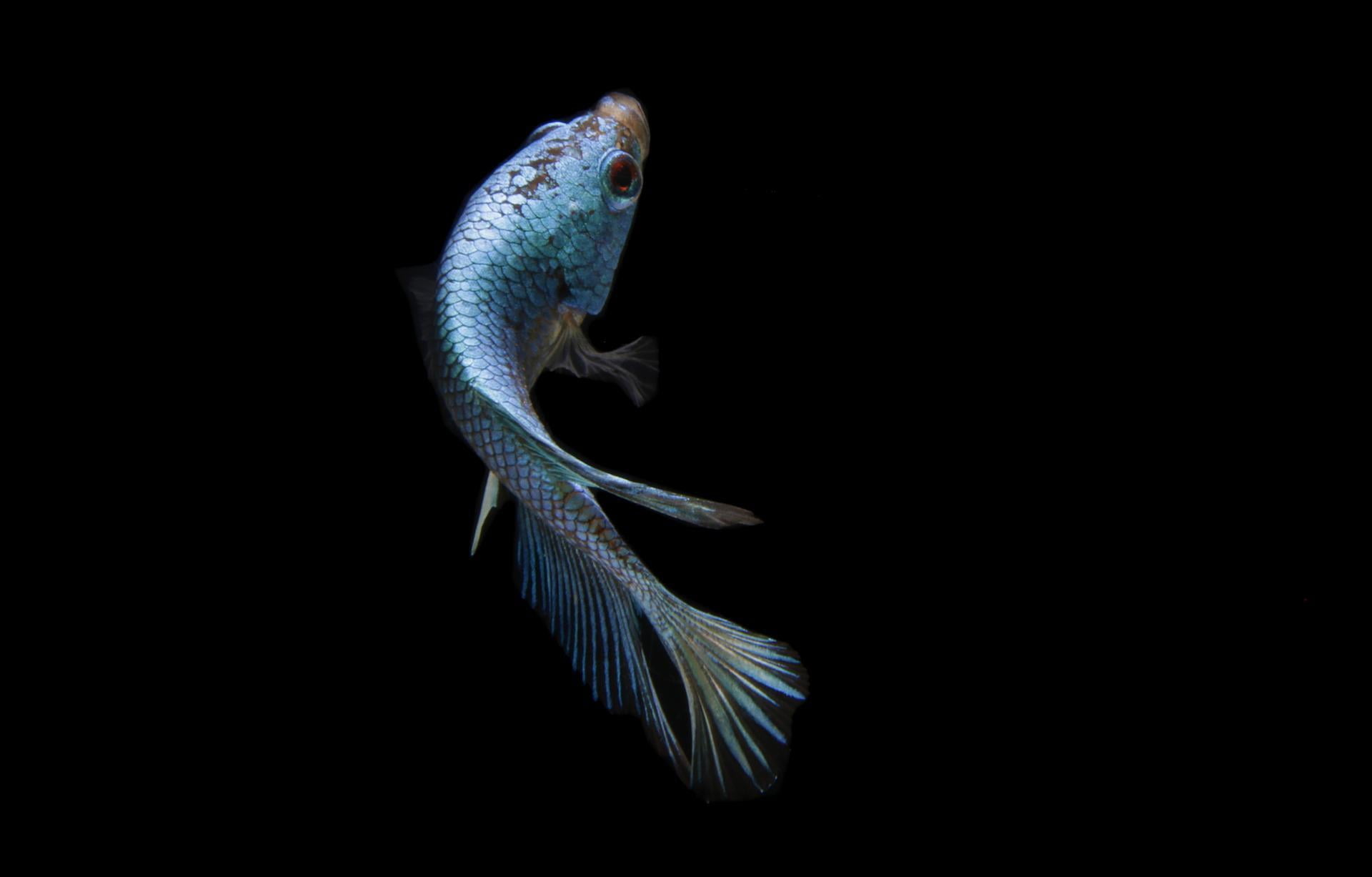Parasitic diseases – Introduction
Parasitic diseases are a common problem in fish tanks, but they can be difficult to spot. If your fish is suffering from parasites, there are some simple things you can do to help them recover and avoid further problems in the future. Parasites are tiny organisms that live in or on the bodies of other animals. Fish can become infected with a wide variety of parasites, including worms, flukes, and protozoans.
How can you tell if your fish is suffering from parasites?
If you notice any of the following signs, it’s time to take action:
- Your fish is not eating or isn’t active. This could be a sign that they are suffering from parasites or infections.
- You see white spots on their skin or fins and they appear thinner than usual. This could mean that there’s something wrong with their health!
- Your fish has suddenly lost color in its scales or fins (known as “blanching”). This can be caused by stress and many other things but most commonly results from improper water quality issues like poor pH levels or high ammonia levels in the tank.* The skin around your fish’s eyes becomes inflamed because it’s too hot/cold for comfort; this indicates illness possibly caused by bacteria present in your aquarium environment.
- Your pet shows signs of distress such as excessive grooming behaviour which indicates stress due to either confinement conditions during transportation between homesites/breeding sites etc., overpopulation issues within colonies where food sources may become scarce if left unchecked long enough, which results in increased competition between individuals within groups thus leading towards lower reproductive success rates amongst young offspring born into these communities because they do not have access while still growing up fast enough due
What should you do if your fish has parasites?
- Remove the infected fish from the tank. Do not attempt to treat an already-injured or sick fish, as it could make their condition worse. You can also remove any other fish that may have come in contact with your infected one and clean the tank thoroughly before adding new ones.
- Use a de-wormer to treat your aquarium water if you’re worried about parasites on your own pets! De-wormers are generally safe for use with small animals like guppies and goldfish but should be used carefully when treating larger tanks like koi ponds or saltwater aquariums because they can kill off beneficial bacteria along with harmful ones—and without knowing exactly how much medication will be released into every drop of water being used (which would take some testing), it’s hard for us humans who don’t know anything about fish biology either way…so just please don’t do anything stupid!

How can you prevent parasitic diseases in the future?
Here are some tips that you can use to keep your fish healthy:
- Keep the tank clean. Make sure there is no debris in the water, as this can lead to an infection.
- Do not overcrowd your fish tank. If you have more than five gallons, it’s best to get another aquarium or set up an automatic feeder for your fish instead of keeping them in a small space all by themselves.
- Do not overfeed your fish! This will cause them stress and make them sick quicker when they do get sick or have parasites such as roundworms or heartworms (which are caused by worms living inside the animal).
- Do not let any type of water flow through any pipes connected with ventilation systems because this could contaminate water tanks used as filters too—not just those used for drinking purposes but also aquariums!
Prevention is the best way to deal with parasitic diseases
Prevention is the best way to deal with parasitic diseases. Good water conditions, a good diet, and regular water changes are all important factors in keeping your fish healthy.
Aquarium maintenance includes replacing old filters, changing filters often, and cleaning equipment regularly. If you have an unhealthy aquarium or are maintaining it for someone else, ask them what they’re doing differently than you would be doing yourself.
The fish selection is also very important when dealing with parasitic diseases because some types of parasites can infect a wide range of species of fish (including freshwater). If you’re keeping African cichlids as pets then try not to buy any other type of tank that may also house this species unless there’s no other choice available – otherwise it could cause disastrous consequences!
Your quarantine tank should always be under strict supervision by someone who knows what they’re doing; if not then make sure everything goes smoothly before releasing him back into his new home so nothing bad happens later down the track (like death).
Conclusion
Now that you know the basics of parasitic disease in fish, I hope you have a better idea of how to deal with it. The first step is always prevention, and knowing what kind of parasites are present in your tank will help you decide on the best course of action. Once an outbreak occurs, it’s important that you clean up quickly so as not to spread infections throughout your entire setup. I wish all fish owners good luck on their journey toward parasite-free tanks!
